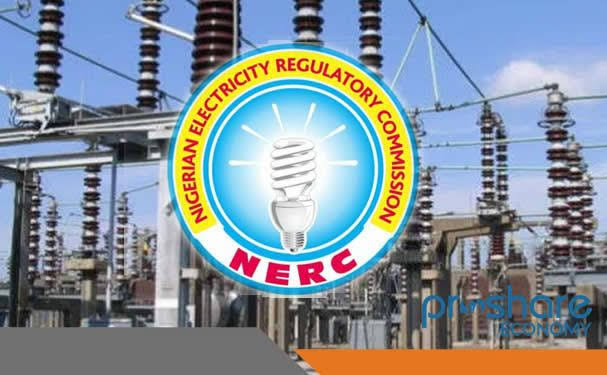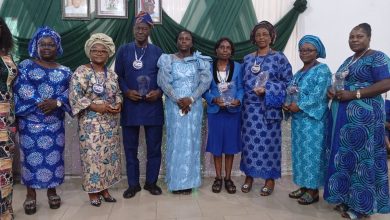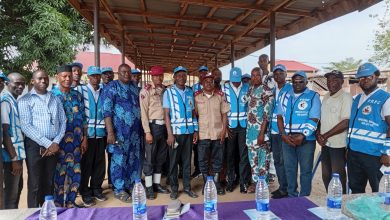
To guarantee effective power supply in Ekiti State, the Nigerian Electricity Regulatory Commission (NERC), has ceded its regulatory oversight of the electricity market in the state to the Ekiti State Electricity Regulatory Bureau (EERB).
NERC said that while it exercises regulatory oversight of the Nigerian Electricity Supply Industry (NESI) as the major regulatory agent, however in accordance with powers conferred by the Electricity Act 2023, its current ceding was is part of the legal requirement to decentralise the operations of Gencos and DisCos in Nigeria, as well as even the single Transco.
The new arrangement has been announced so far for Ekiti and Enugu and Ondo States, which have existing Electricity regulatory Bureau established through laws enacted by their respective Houses of Assembly, and who have met other constitutional provisions.
Under this lofty power distribution decentralization policy, the electricity tariffs that will be payable in Ekiti shall be subject to ratification by EERB and all relating protective policy for customers shall be the responsibility of the Ekiti State Government.
The NERC revealed that the decentralization policy was achieved when presidential assent was granted to the amendment of relevant portions of the Constitution of the Federal Republic of Nigeria (CFRN) on 17 March, 2023.
With this power concessions move, which shall be effective from May 1, 2024, the EERB will now regulate electricity market in the state, while also working in synergy with NERC being the statutory national body to oversee power distribution across the nation.
The directive, contained in a statement dated April 22,2024, signed by the NERC Chairman, Sanusi Garba and Commissioner in charge of Legal, Licencing and Compliance, Dafe Akpeneye, said all transfers between the Benin Electricity Distribution Companies(BEDC) , Ibadan Electricity Distribution Company (IBEDC) and EERB envisaged by this order shall be completed by 22 October, 2024.
To ensure that the new innovation succeeds as envisaged, the Commission directed BEDC and IBEDC to immediately incorporate subsidiary Companies along state lines under the Companies and Allied Matters Act for the assumption of responsibilities for intrastate supply and distribution of electricity in the State.
The Commission added further that each Disco “shall complete the incorporation of the Company within 60 days from the effective date of this order and, shall apply for and obtain a licence for the intrastate supply and distribution of electricity from EERB.
“BEDC shall identify the actual geographic boundaries of Ekiti State and carve out its network in Ekiti State as a standalone network with the installation of boundary meters at all border points where the network crosses from Ekiti
State into another state.
“Shall create an Asset Register of all its power infrastructure located within Ekiti State; evaluate and apportion contractual obligations and liabilities, attributable to BEDC’s operations of its subsidiary in Ekiti State; identify all the applicable trading points for energy offtake for the operations of BEDC SubCo in Ekiti State
“Shall confirm the number of employees that are required to provide service to Ekiti State as a standalone public utility; and transfer the identified assets for operations in Ekiti State, contractual obligations, liabilities and employees to BEDC SubCo”.
The Commission clarified that all cross-border transactions involving the national grid shall be subject to the approval of the NERC in accordance with the CFRN and EA.
According to the statement, “The amendment granted legislative autonomy to federating states in the Federal Republic of Nigeria by empowering the sub-national governments to legislate on the generation, transmission and distribution of electricity within
each respective state.
“Paragraph 14(b) Part II of the Second Schedule to the 1999 CFRN, which provides that “a House of Assembly may make laws for the State with respect to generation, transmission, and distribution of electricity to areas not covered by a national grid system within that State”.





